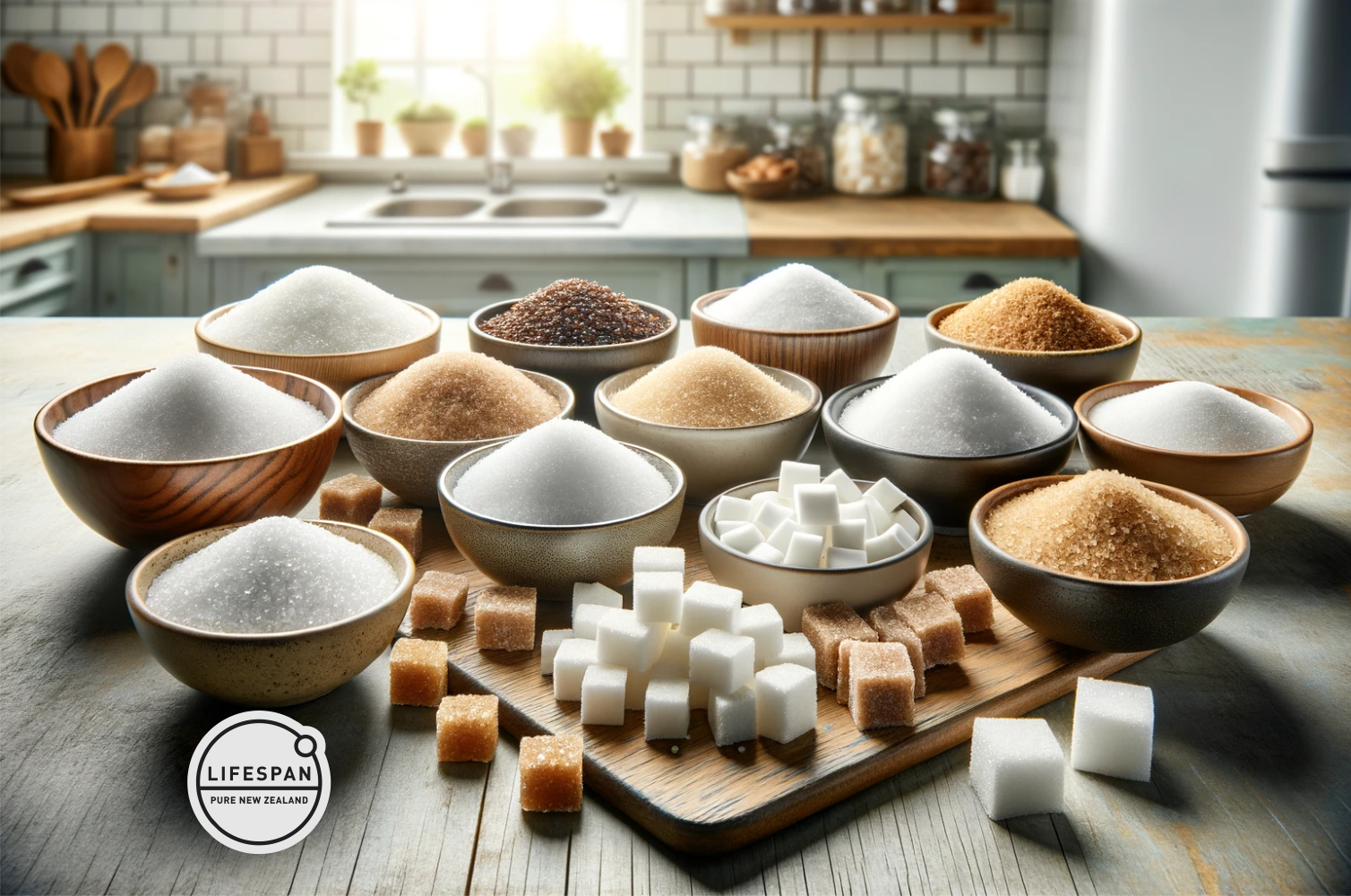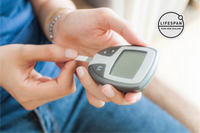
Introducing Dahlia4: Natural Blood Glucose Support
Developed by Otago University, Dahlia4 is a groundbreaking natural supplement for managing blood glucose levels. Combining the best of nature and science, it offers a safe and effective way to support your health.
Why Dahlia4?
Natural Ingredients: Carefully selected for their synergistic effects on blood glucose.
Scientifically Proven: Rigorously tested for efficacy and safety.
Holistic Health: Aids in overall well-being when used alongside a balanced diet and exercise.
Dahlia4 is more than a supplement; it's a step towards a healthier, more balanced life. Experience the natural way to manage your blood glucose with Dahlia4.
Recent posts

About the Author
Lifespan NZ, bolstered by over 60 years of experience, features a team of experts including Ben Winters, a key member and the author of our insightful blogs. Specialising in refining extracts from a diverse range of natural sources and well-versed in farming practices, our team's expertise was a pivotal reason why Otago University chose Lifespan NZ to develop a unique, research-backed blood sugar supplement, into an end product.

Glucose: Understanding This Common Sugar
By Ben Winters
Glucose: A Vital Energy Source and Its Impact on Health
Glucose, a fundamental sugar, is the body's primary energy source, fueling everything from brain functions to muscle activity.
Derived from a wide range of foods, including fruits, vegetables, and grains, glucose is a critical component of our daily nutrition. Understanding its role in various metabolic processes is key to appreciating its importance in maintaining energy levels for day-to-day activities.
Managing blood glucose levels is essential for health.
Fluctuations outside the ideal range, either too high or too low, can lead to conditions like type 2 diabetes or hypoglycemia, impacting overall well-being. This underscores the significance of informed dietary choices and balanced eating habits for maintaining glucose levels within a healthy range.
Different Forms of Dietary Sugars
While glucose is often associated with sweet foods, it is also present in a variety of dietary staples. It's important to differentiate glucose from other dietary sugars like fructose and sucrose.
Fructose, found in fruits, honey, and vegetables, is metabolized differently and doesn't cause immediate blood sugar spikes. Sucrose, commonly known as table sugar, is a combination of glucose and fructose and directly contributes to the glucose pool used for energy.
The varying effects of these sugars on blood sugar levels and metabolism have practical implications for health. Making educated dietary choices involves understanding these differences and their impacts on systemic health.
Glucose Processing and Its Role in the Body
Upon consumption, foods containing carbohydrates are broken down into simpler sugars, primarily glucose. This process starts in the mouth and continues in the stomach and small intestine. Once converted, glucose is absorbed through the intestinal walls into the bloodstream, where it provides energy to the body.
Insulin, a hormone produced by the pancreas, is crucial in this process. It regulates blood sugar levels by signaling cells to absorb glucose, maintaining a balance essential for health.
Disruptions in this balance, due to insufficient insulin production or insulin resistance, can lead to prediabetes or type 2 diabetes, while excessive insulin release can cause hypoglycemia.
Maintaining Balanced Blood Sugar Levels
Balanced blood sugar levels are vital not only for those with diabetes or pre-diabetes but also as a cornerstone of overall good health. Stable blood sugar supports sustained energy, mental clarity, and a well-functioning metabolism, helping fend off chronic disease. Achieving this involves a holistic approach, including diet, exercise, and, if necessary, medical intervention.
A diet rich in whole foods like vegetables, fruits, lean proteins, and healthy fats prevents sudden spikes in blood sugar. Regular physical activity enhances glucose uptake by muscle cells, aiding in blood sugar regulation. In certain cases, medications or insulin therapy, as prescribed by healthcare professionals, are necessary to maintain balance.
The Psychological and Physiological Effects of Glucose
Glucose's influence extends to psychological well-being and cognitive function. Stable glucose levels are crucial for mental clarity, mood stability, and cognitive performance. Physiologically, glucose is key to energy management, supporting daily activities and exercise.
The body's ability to store excess glucose as glycogen or fat highlights the importance of a balanced diet in weight management and preventing conditions like insulin resistance and type 2 diabetes.
Managing glucose levels through diet, lifestyle adjustments, and medical interventions is foundational to health, offering benefits that span from physical to mental wellness.





